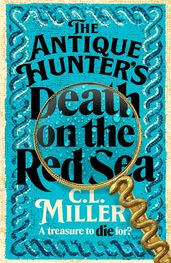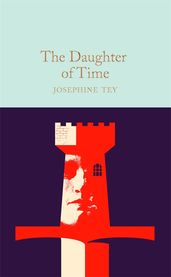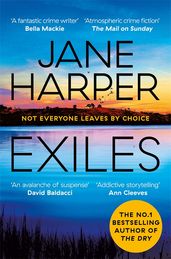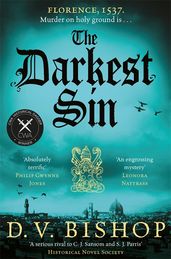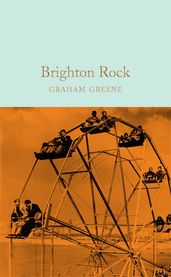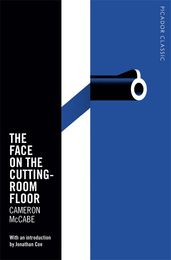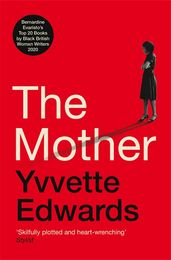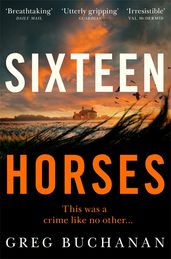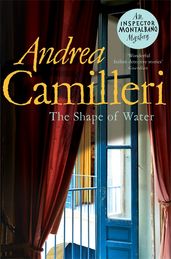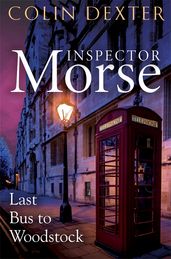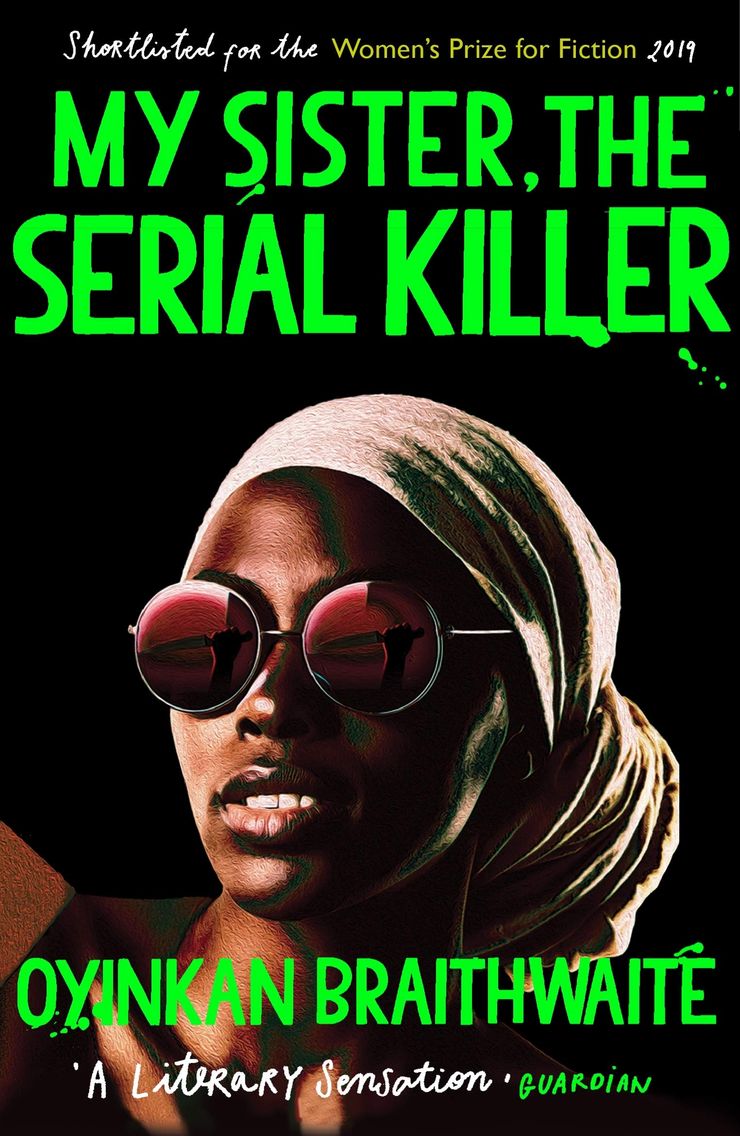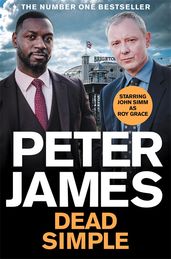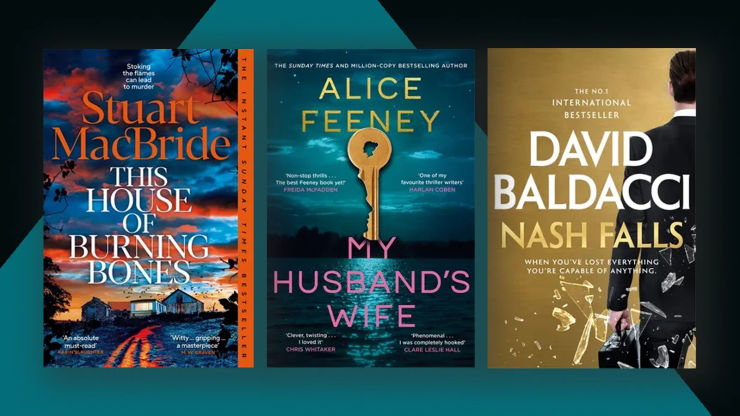The 50 best crime fiction books of all time
From gentle detective stories to gritty true-to-life cases, our edit of the most exciting crime fiction will have you turning the pages late into the night.

Few books are as satisfying as a crime fiction novel you can really sink your teeth into. Including gripping detective novels and cosy crime series, here’s our look ahead at the most exciting crime fiction coming in 2026, the best of 2025, and the best crime fiction of all time.
If you're looking for even more unputdownable reads, don't miss our edit of the best thriller books.
The best crime books of 2026
And the Corpse Wore Tartan
by Stuart MacBride
This is the latest gripping read from Stuart MacBride, the bestselling author of the smash-hit Logan McRae series. The great and the not-so-good are gathered at Skirivour Castle Hotel, in the heart of the Highlands, for the wedding of the year – but they weren’t expecting Detective Sergeant Roberta Steel to crash their party. And get horribly, horribly drunk. But now the father-of-the-bride is dead and it’s up to DS Steel to find out whodunit. . .
The Antique Hunter's: Murder at the Castle
by C L Miller
The third in the The Antique Hunter's Guide to Murder series follows a stolen art recovery mission gone wrong, as one of Freya and Aunt Carole's team, Bella, disappears. Then, some ancient silverware is linked to a murder. Surrounded by snow and secrecy, they must unravel a cunning plot and find their friend before isolation – or the killer – claims them all.
The best crime books of 2025
The Cut Throat Trial
by The Secret Barrister
When an elderly teacher is murdered on New Year's Eve, the prosecution of three seventeen-year-old boys for the crime becomes the biggest trial of the year. Each boy denies it. Each points the finger at the other two – the 'cut-throat defence'. Each has their own barrister whose only job is to persuade the jury of the innocence of their client. But one of them must be guilty. And they’re up against a prosecutor who needs to win the case, no matter the cost.
This House of Burning Bones
by Stuart MacBride
It’s not going well for Aberdeen's NE Division: half the force is off sick, all leave has been cancelled, someone has firebombed a hotel full of migrants and there’s a massive protest march happening this Saturday. With officers dropping like flies, Detective Inspector Logan McRae has to kick off a major murder investigation with a skeleton staff of misfits, idiots and malingerers until the top brass can arrange back-up from other divisions. But, as bad as everything seems, things are about to get much, much worse.
The Killing Stones
by Ann Cleeves
Coming in October: a new standalone novel featuring Detective Jimmy Perez, last seen in Wild Fire, the final book in Ann Cleeves’ bestselling Shetland series. When a violent storm descends upon Orkney, the body of Archie Stout is left in its wake. An unusual murder weapon, a Neolithic stone bearing ancient inscriptions, is found discarded nearby. Detective Jimmy Perez, no stranger to the complexity of human nature and the darkness it can harbour, is soon on the scene. He counted Archie as a childhood friend, so this case is more personal than most. Here, in these ancient lands where history runs deep, Perez must discern the truth from legend before a desperate killer strikes again . . .
The Hawk Is Dead
by Peter James
Roy Grace would never have believed that a murder investigation would take him into Buckingham Palace. Her Majesty, Queen Camilla, is aboard the Royal Train heading to a charity event in Sussex when disaster strikes – the train is derailed, and a trusted aide is killed by a sniper. Grace alone is not convinced The Queen was the intended target – but no-one else agrees. Fighting against the scepticism of his colleagues and the Palace itself, Grace pursues his own investigation. But when there is a second murder, the stakes rise even higher, and Grace is at risk of being embroiled in a very public catastrophe – and in mortal danger.
A Slowly Dying Cause
by Elizabeth George
Detectives Thomas Lynley and Barbara Havers return in this atmospheric thriller. Amid the beauty of Cornwall’s coastline, the death of a local man shatters the peace with its violence. The body of Michael Lobb is discovered in his family’s tin and pewter workshop, and Detective Inspector Beatrice Hannaford is brought in to investigate. Suspicion quickly develops when it emerges that a mining company had been trying to buy the man’s land, and Lobb was the only remaining obstacle to the deal going through. With cryptic alibis and shifting motives, the tangled web of intrigue soon draws in her colleagues Thomas Lynley and Barbara Havers, who must search for a killer in a community that has very little trust in outsiders . . .
The Dead and the Dying
by Lin Anderson
In the dim morning light, Orkney’s Skaill Bay is the backdrop for a calamity of nature’s making. When forensic scientist Rhona MacLeod joins the rescue efforts as a volunteer, she uncovers more than she bargained for: a human skeleton entombed in a stone crypt. The grave is believed to hail from the Viking Age, but Rhona's analysis of the content points to more recent and sinister evil. And a shadow is thrown over the investigation when the skeleton is finally identified – and unsettling connections emerge between the victim and the very people trying to solve the case.
The Antique Hunter's: Death on the Red Sea
by C L Miller
The follow up to The Antique Hunter's Guide to Murder takes us on a glamorous antiques cruise sailing toward the Red Sea in Jordan on the hunt for a stolen painting. The chase soon turns deadly when the newly established Lockwood Antique Hunter’s Agency learn that the enigmatic and dangerous art trafficker named The Collector could be on board. But on a ship full of antiques enthusiasts – plus some unexpected familiar faces – will Freya and Carole be able to discover The Collector’s identity and stop his murderous plans before the ship docks?
The Cat Who Cracked a Cold Hard Case
by L T Shearer
In this charming cosy crime novel, retired detective Lulu Lewis finds her life forever changed when she meets Conrad – a very special talking cat. Together, they live aboard her canal boat, The Lark, keeping Conrad’s ability a secret. But when a visit to Manchester reveals a series of murders eerily similar to cold cases from Lulu’s past, the unlikely duo is drawn into a complex investigation. Joining forces with the local police, Lulu and Conrad must connect the dots between the killings and track down a ruthless murderer before it’s too late.
The best crime fiction books of all time
The Daughter of Time
by Josephine Tey
Voted the top crime novel of all time by the UK Crime Writers’ Association, The Daughter of Time has an unusual premise for a crime novel: investigating the role Richard III played in the death of his own nephews. Inspector Alan Grant is laid up in hospital with a spinal injury and he’s bored. Renowned for his ability to read a face, he passes the time looking at old portraits and one which particularly grabs his attention is of Richard III. Grant doesn't accept the face in the portrait is one of a villain so he sets out to investigate what really happened to the children. So, unusual, yes; but also extremely clever and engrossing, brilliantly plotted and written with enormous charm and erudition.
The Franchise Affair
by Josephine Tey
The Franchise Affair is a gripping thriller detective, perfect for fans of true crime and classic crime fiction. Fifteen-year-old Betty Kane has never put a foot wrong. Naturally, everyone is shocked to hear her story – that she was kidnapped, tortured and held prisoner by Marion Sharpe and her elderly mother, owners of the mysterious old house, The Franchise. But are the two women really guilty of such a horrendous crime? Every page resonates with tension as the story unfolds – did they or didn’t they take a young girl prisoner? And whose story can you trust?
Exiles
by Jane Harper
When a young mother vanishes from a bustling spring festival, leaving her young baby alone in her pram, her disappearance casts a long shadow over her small outback town. One year later and no closer to finding out what became of Kim Gillespie, Detective Aaron Falk sets out to unearth the secrets behind her disappearance once and for all. With its gripping plot, evocative Australian setting and haunting tale of a woman who vanishes without a trace, Jane Harper’s new thriller is one of the most anticipated crime fiction books of 2023.
The Darkest Sin
by D. V. Bishop
It's spring in Florence in 1537, and Cesare Aldo is investigating a report that a convent in the northern quarter has been breached. Soon Aldo finds himself immersed in a bitterly divided community. And when a man's body is found in the convent, it seems as if one of the nuns must be the murderer. Meanwhile, Constable Carlo Strocchi finds human body parts in the Arno, which turn out to be the remains of a much feared officer who went missing in the winter. Aldo and Strocchi search for the truth, in an investigation that is increasingly full of peril.
Brighton Rock
by Graham Greene
Set among the seaside amusements and dilapidated boarding houses of Brighton’s pre-war underworld, Brighton Rock is both a gritty thriller and a study of a soul in torment. Pinkie Brown, a neurotic teenage gangster commits a brutal murder – but it does not go unnoticed. Rose, a naive young waitress at a rundown cafe, has the unwitting power to destroy his crucial alibi, and Ida Arnold, a woman bursting with easy certainties about what is right and wrong, has made it her mission to bring about justice and redemption. A classic of modern literature, it maps out the strange border between piety and savagery.
The Face on the Cutting-Room Floor
by Cameron McCabe
1930s King's Cross, London. When aspiring film actress Estella Lamare is found dead on the cutting-room floor of a London film studio, Cameron McCabe finds himself at the centre of a police investigation. There are multiple suspects, multiple confessors and, as more people around him die, McCabe begins to perform his own amateur sleuth-work, followed doggedly by the mysterious Inspector Smith. But then, abruptly, McCabe's account ends. Who is Cameron McCabe? Is he victim? Murderer? Novelist? Joker?
The Mother
by Yvvette Edwards
Marcia Williams thought she knew her son. She was wrong. Marcia is heading to the Old Bailey. She's going there to do something no mother should ever have to do: to attend the trial of the boy accused of her son's murder. She's not meant to be that woman; Ryan, her son, wasn't that kind of boy. But Tyson Manley is that kind of a boy and, as his trial unfolds, it becomes clear that it's his girlfriend Sweetie who has the answers Marcia so badly needs and offer Marcia some kind of hope for the future. But Sweetie is as scared of Tyson as Ryan should have been and, as Marcia's learned the hard way, nothing's certain.
Sixteen Horses
by Greg Buchanan
Near the dying English seaside town of Ilmarsh, local police detective Alec Nichols discovers sixteen horses’ heads on a farm, each buried with a single eye facing the low winter sun. After forensic veterinarian Cooper Allen travels to the scene, the investigators uncover evidence of a chain of crimes in the community – disappearances, arson and mutilations – all culminating in the reveal of something deadly lurking in the ground. A story of enduring guilt, trauma and punishment, set in a small seaside community the rest of the world has left behind, Sixteen Horses is the debut literary thriller from an extraordinary talent.
The Decagon House Murders
by Yukito Ayatsuji
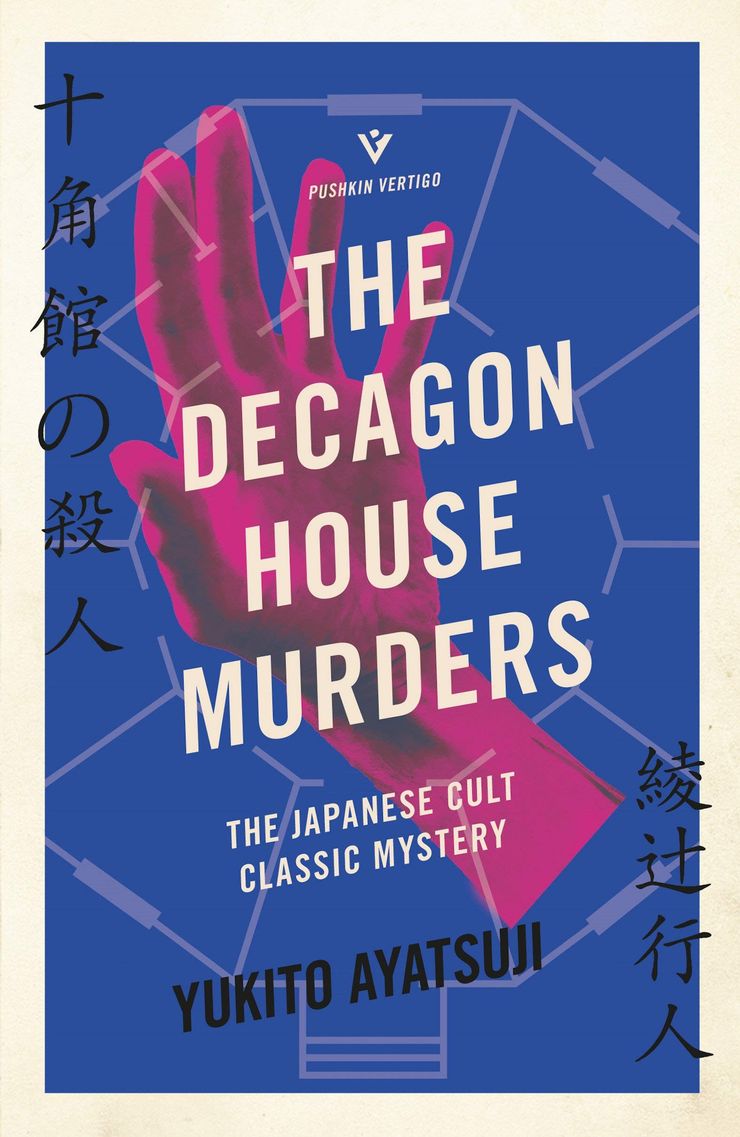
A Japanese cult classic, Ayatsuji's murder mystery puzzle will delight fans of classic whodunnits. Tsunojima is a desolate, rocky island known for a series of gruesome and unsolved murders – the perfect choice for the K-University Mystery Club's annual trip. But after a club member turns up dead, the Mystery Club realise they might have taken on more than their amateur sleuthing skills can handle. Will any of the survivors deduce the murderer's horrific plan before it's too late?
The Honjin Murders
by Seishi Yokomizo
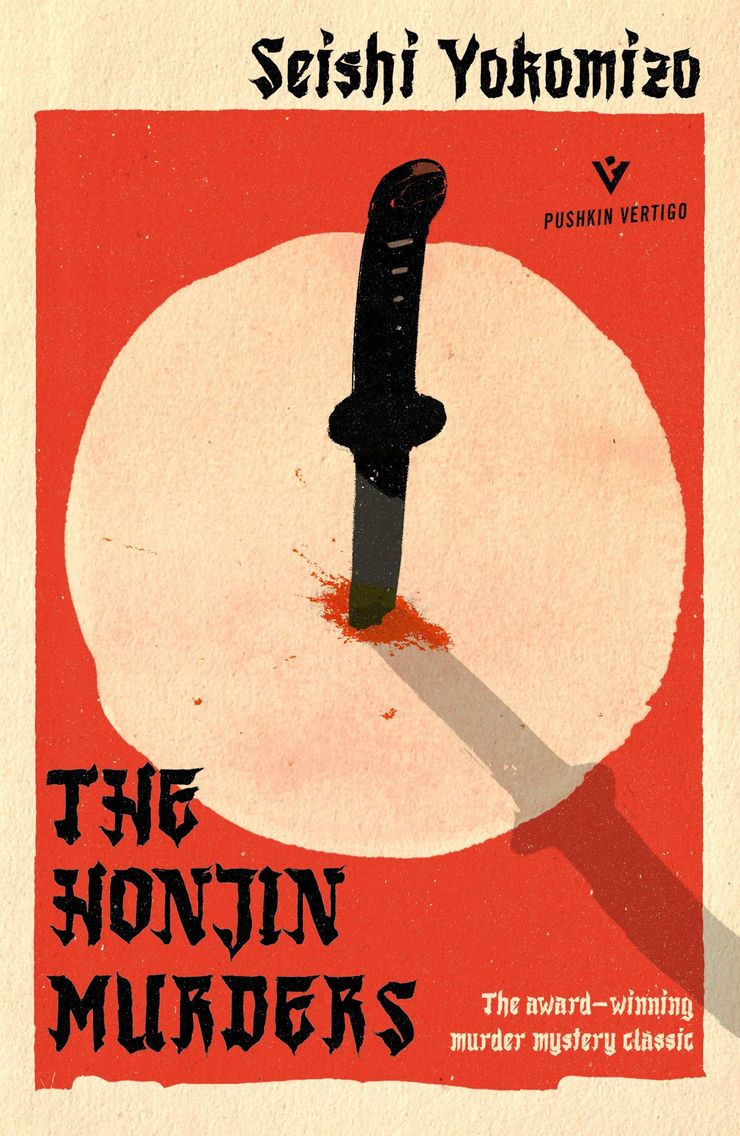
Hailed as Japan's greatest classic murder mystery, Seishi Yokomizo's story has been translated into English for the first time. In the depths of winter, 1937, excitement grows throughout the rural Japanese village of Okamura as the wedding of a son of the famous Ichiyanagi family approaches, despite the worrying presence of a masked man lurking in the village. But on the night of the wedding, a terrible death upends the Ichiyanagi household – with the only clue being a bloody samurai sword left in the snow outside the house. Can amateur detective Kosuke Kindaichi find the killer, and unravel what is appears to be an impossible crime?
The Shape of Water
by Andrea Camilleri
Escape the winter chill and step into the sun-soaked Sicilian setting of Andrea Camilleri’s brilliantly witty Inspector Montalbano series. The Shape of Water introduces Camilleri’s beloved sleuth as he investigates the mysterious death of a respected and brilliant engineer, whose unexpected death his colleagues are all too ready to declare as due to natural causes. With its corrupt politicians, red herrings and the island’s ever-present mobsters, The Shape of Water is escapist crime writing at its page-turning best.
Last Bus to Woodstock
by Colin Dexter
Last Bus to Woodstock is the first novel in Colin Dexter's gripping Inspector Morse crime fiction series. The death of Sylvia Kaye figured dramatically in Thursday afternoon's edition of the Oxford Mail. By Friday evening Inspector Morse had informed the nation that the police were looking for a dangerous man – facing charges of wilful murder, sexual assault and rape. But as the obvious leads fade into twilight and darkness, Morse becomes more and more convinced that passion holds the key.
Black Water Rising
by Attica Locke
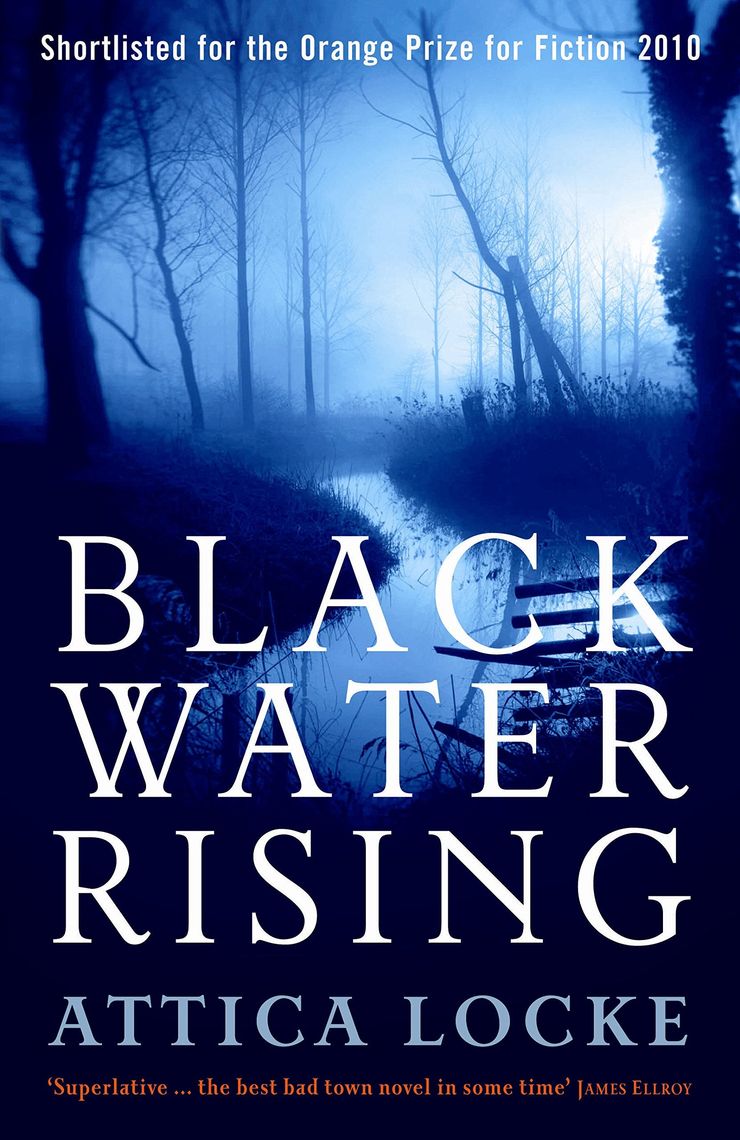
After saving a woman from drowning in the Houston bayou, lawyer Jay Porter finds himself entangled in a murder investigation that could cost him his practice – or even his life. But as he attempts to make sense of a dark mystery that threatens the hierarchies of corporate power, while confronting his own banished demons of the past. Shortlisted for the Orange Prize, Black Water Rising was Attica Locke's incredible debut onto the crime fiction scene.
My Sister, the Serial Killer
by Oyinkan Braithwaite
Korede faces a daunting predicament when Ayoola, her sister, seeks her assistance after killing her third boyfriend under the pretence of self-defence. Bearing the responsibility of clearing her sister's mess, Korede grapples with the idea of approaching the police, but familial loyalty holds her back. That is until Ayoola starts dating the doctor where Korede works as a nurse. Korede's long been in love with him, and isn't prepared to see him wind up with a knife in his back: but to save one would mean sacrificing the other.
Blanche on the Lam
by Barbara Neely
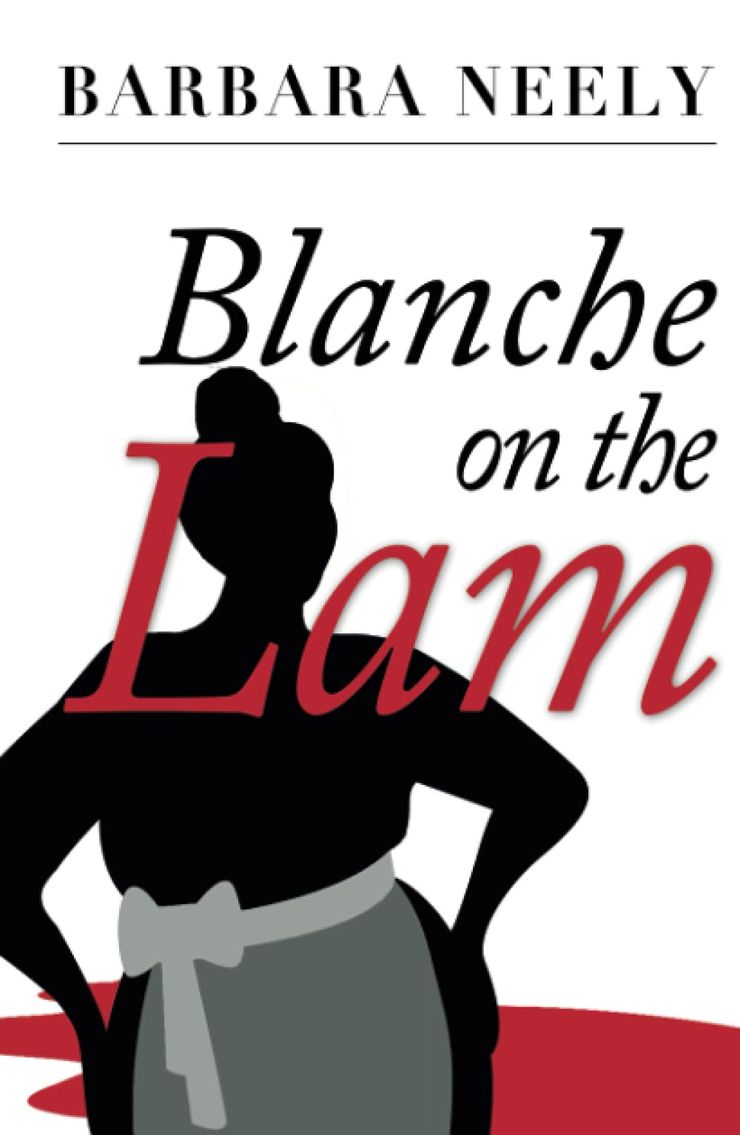
Blanche White is middle-aged African-American housekeeper, working in the homes of the decorous rich in North Carolina. But after one employer refuses to pay her, she goes on the lam and begins to work at a summer home for a wealthy family. It's a great plan, until she finds herself as the prime suspect of a murder investigation. Using all of her quick wit and years of experience as a domestic made, she must uncover the truth and clear her name. Revealing the quirks of southern society with a biting irony, Barbara Neely's Blanche White has quickly become one of the most original and well-loved characters to appear in crime fiction.
A Little Local Murder
by Robert Barnard
This classic small-town murder mystery from Robert Barnard has everything you could ask from a cosy crime novel. A radio documentary on the small village of Twytching provokes a fierce rivalry among the villagers. Inspector George Parrish is keen to stay out of all the fuss until the murder of one of the villagers and a rash of letters uncovering secrets about Twytching's leading citizens force him to get involved. Robert Barnard skilfully demonstrates that no one is more cunning in preparing the reader to expect the unexpected and his incisive character portrayals impart a dimension rarely found in English detective fiction.
Tell Me Your Secret
by Dorothy Koomson
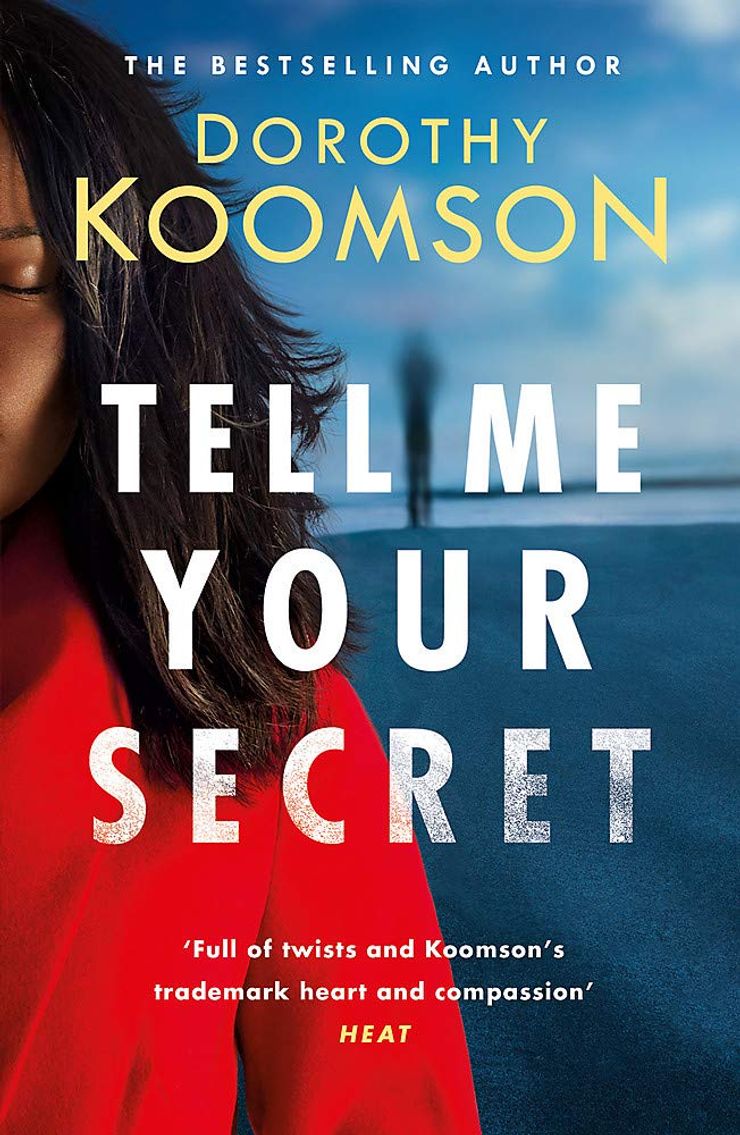
Ten years ago, Pieta survived a weekend with a serial killer. She never told anyone what happened, but now he’s back – and staying alive might mean revealing her darkest secret. Fifteen years ago, Jody, a policewoman, made a mistake that resulted in the killer going free. When she discovers Pieta’s story, she realises she now has a way to catch him.
Murder on the Orient Express
by Agatha Christie
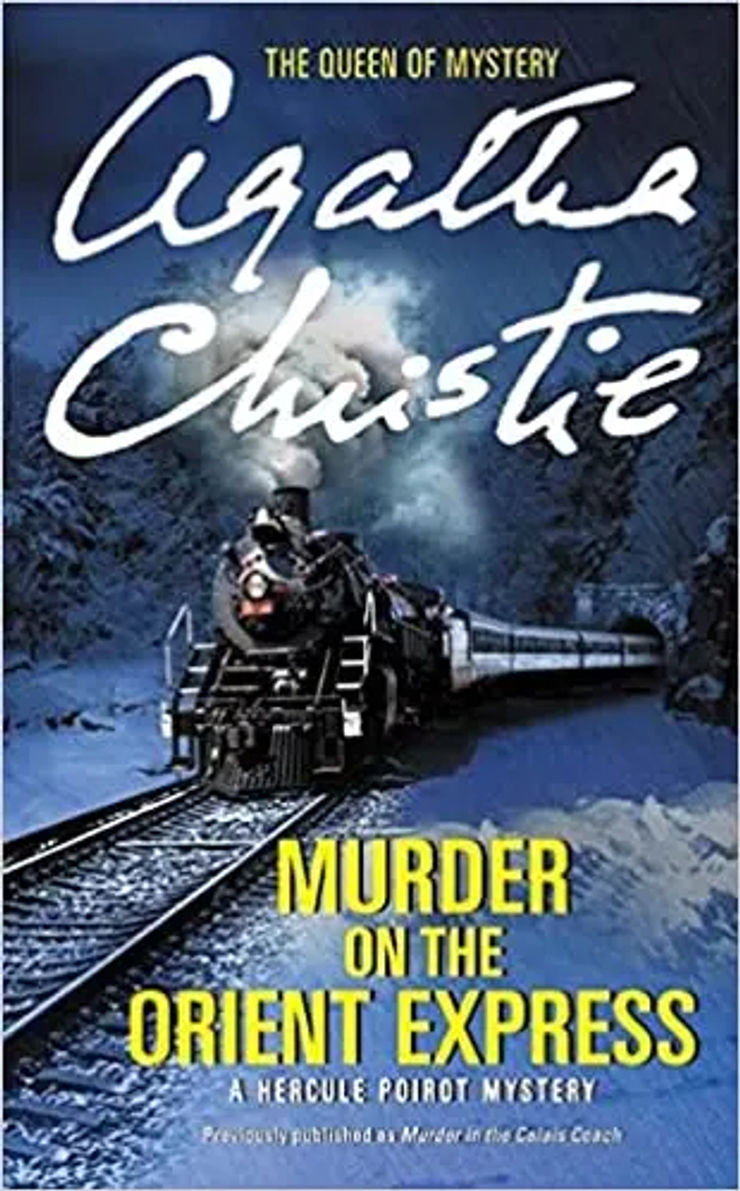
Agatha Christie belongs on any essential reading list, and Murder on the Orient Express is widely regarded as her most famous murder mystery. A train journey is delayed by thick snow. So when a passenger on the train is found murdered in his bed, it is the perfect opportunity for Agatha Christie's famous detective, Hercule Poirot, to prove his ability and solve the crime using the power of his brain. Now also a major motion picture, delve into the suspense, twists and turns of this story from the queen of mystery herself.
Dead Simple
by Peter James
When a young husband-to-be vanishes three days before his wedding after a prank on his stag night goes awry, his distraught fiancée enlists the task of finding him to Detective Superintendent Roy Grace. As Grace attempts to recreate the timeline from that fateful night, he finds that some of the wedding party are holding onto secrets that may help him crack the case. The first novel in Peter James DS Roy Grace, Dead Simple will leave you guessing until the final page.
For more twists and turns, discover the best crime audiobooks.








